I began collecting quotations during my high school days. These words are not all related to the theatre, but they’re all theatrical!
1. “All the world’s a stage, and most of us are desperately under-rehearsed.”
Sean O’Casey (March 30, 1880 – September 18, 1964)
2. “I got my start by giving myself a start.” Madame C.J. Walker
Born Sarah Breedlove (December 23, 1867 – May 25, 1919)
3. “The word theatre comes from the Greeks. It means the seeing place.”
Stella Adler (February 10, 1901 – December 21, 1992)
4. “A whisper can be stronger, as an atom is stronger, than a whole mountain.”
Louise Nevelson (September 23, 1899 – April 17, 1988)
5. “If you give an audience a chance they will do half your acting for you.”
Katharine Hepburn (May 12, 1907 – June 29, 2003)
6. “The cure for boredom is curiosity. There is no cure for curiosity.”
Dorothy Parker (August 22, 1893 – June 7, 1967)
7. “Theatergoing is a communal act, movie going a solitary one.”
Robert Brustein (Born April 21, 1927)
8. “Those that don’t got it, can’t show it. Those that got it, can’t hide it.”
Zora Neale Hurston (January 7, 1891 – January 28, 1960)
9. “The theater is so endlessly fascinating because it’s so accidental. It’s so much like life.”
Arthur Miller (October 17, 1915 – February 10, 2005)
10. “We don’t stop playing because we grow old; we grow old because we stop playing.”
George Bernard Shaw (July 26, 1856 – November 2, 1950)
Photo Credits: O’Casey: The Irish News; Adler: John Chiasson-Liaison/Getty Images; Bernhardt: Paul Nadar; Nevelson: Pedro E. Guerrero; Hepburn: Hooked On Houses; Brustein: Berkshire Fine Arts; Hurston: The Poetry Foundation; Miller: Associated Press; Shaw: Magazin Gracija.







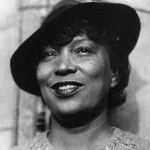


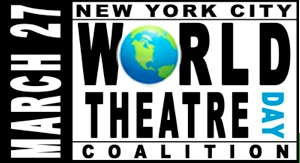




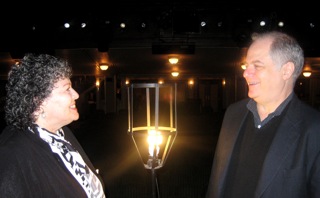
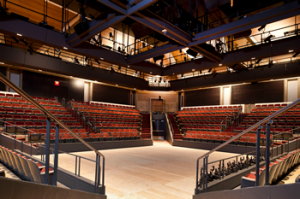

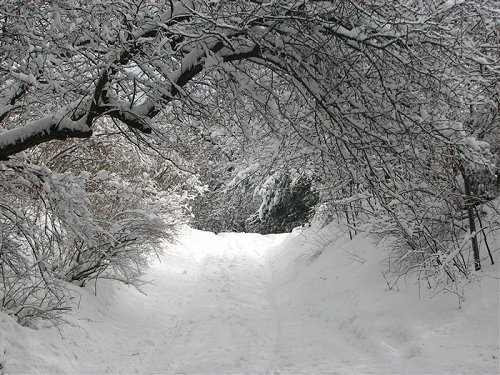
Recent Blog Comments